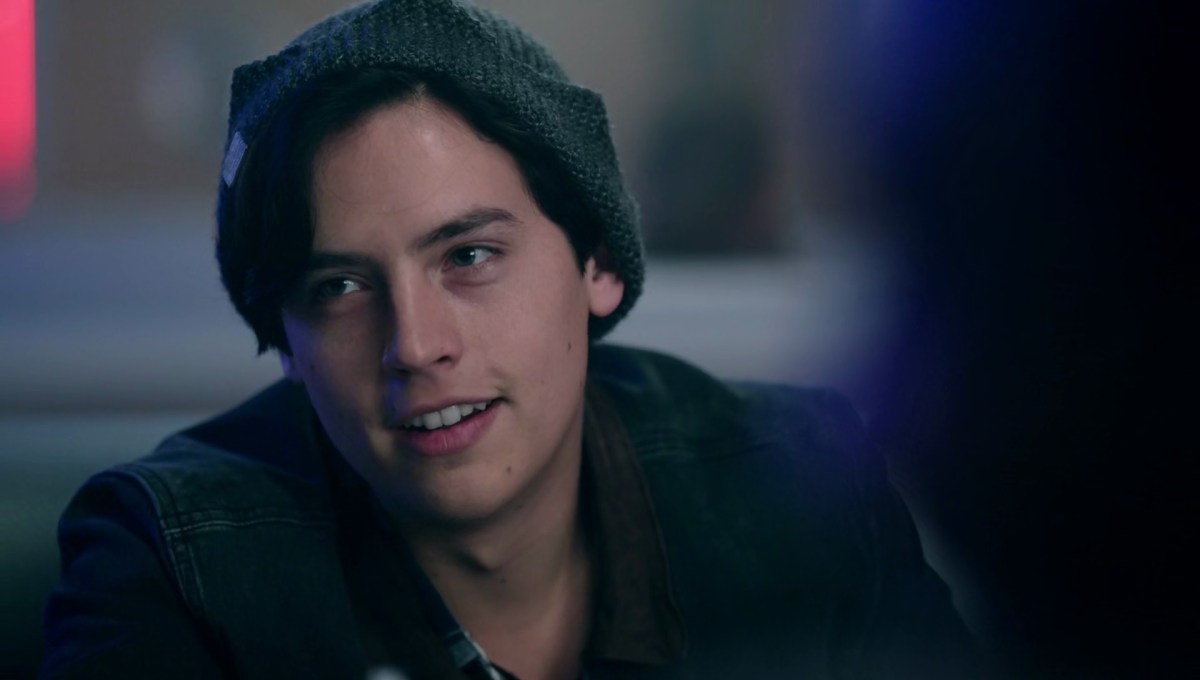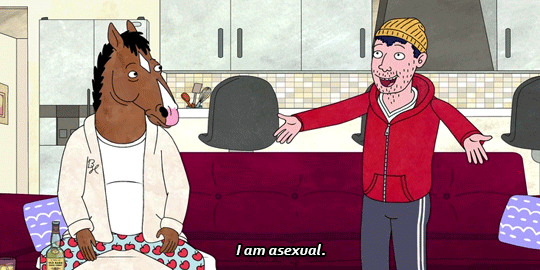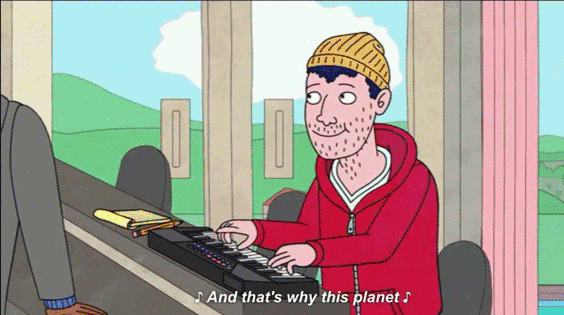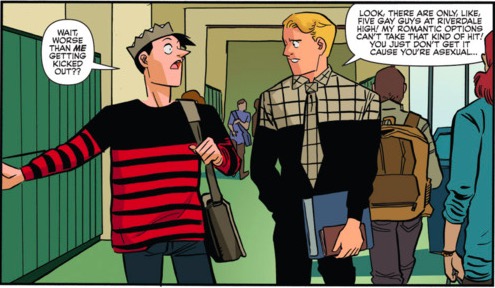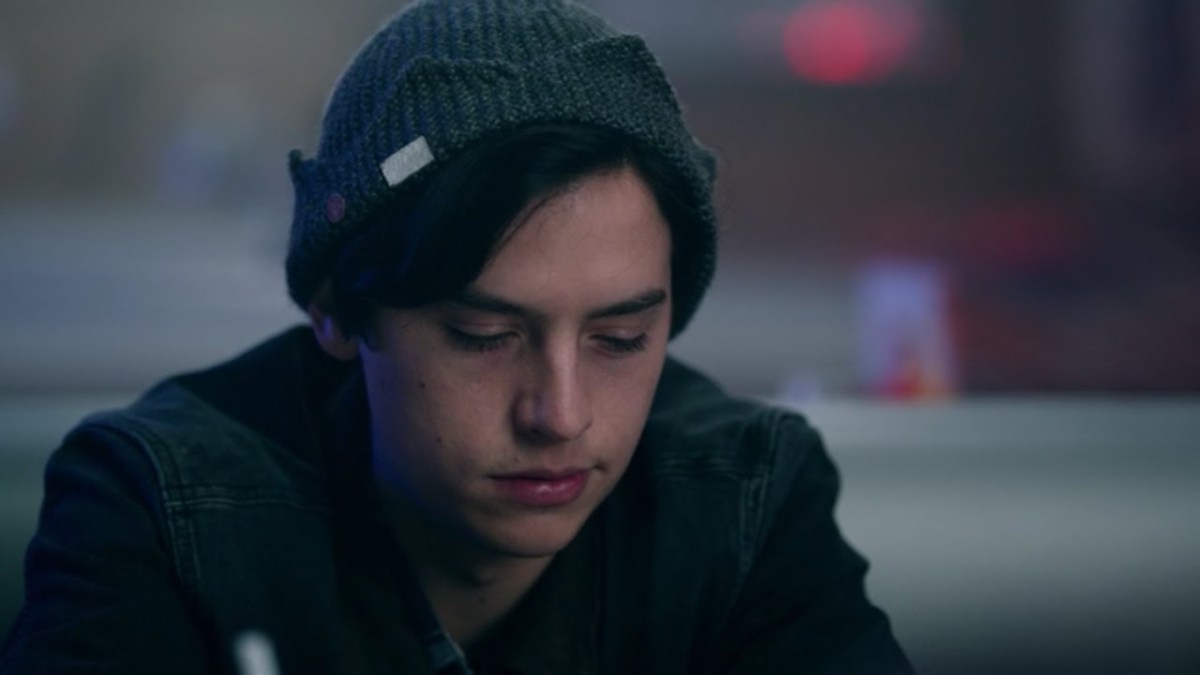Over recent years, queer representation in Western media has seemed to improve, both in terms of quality and quantity. Critically acclaimed, award-winning films such as Moonlight, centering a gay African-American lead, have garnered Oscar attention, while Love, Simon became the first teen romantic comedy produced by a major Hollywood studio to feature a gay protagonist.
Television networks and production companies, like The CW and Shondaland, have helped pave the way for more casual representation of the queer community on TV, featuring prominent gay, lesbian, and bisexual characters, as well as announcing the first transgender superhero (Supergirl) and first show headlined by a lesbian superhero (Batwoman.)
Even shows targeted toward the all-ages demographic are stepping up to the plate (despite hate groups’ insistence that LGBTQIA+ content is somehow not suitable for children) with The Legend of Korra revealing one of the first Western animated LGBTQ+ protagonists in Children’s animated programming, as well as Steven Universe for its extensive exploration of gender identity and sapphic representation. However, even among all these new developments, there continues to be a lingering absence of asexual characters, something that weighs heavily upon the asexual community.
In mainstream movies or television, we often see many characters engaging in sexual relationships or expressing the active desire to have sex (though this obviously differs in terms of portrayal when it comes to straight characters versus queer ones). However, we barely see characters admit to not desiring sex, or an asexual person navigating their sexual orientation in an empathetic and thoughtful manner as a gay character coming out would.
One exception to this, however, was seen in the popular adult animated series BoJack Horseman, which gave one of its main characters, Todd Chavez, a prominent coming-out narrative, in which he comes out as asexual.
Within the show, Todd Chavez initially struggles to define his feelings toward relationships and sex, feelings which do not seem to match those around him, causing him to feel isolated and different. In a conversation where Todd and another character discuss his potential sexuality, Todd tries to explain his ambiguous state of questioning, quoting, “I’m not gay. I mean, I don’t think I am, but… I don’t think I’m straight, either. I don’t know what I am. I think I might be nothing.”
As the character comes to realize there’s a word that exists for people like him, asexual, as well as a community and potential romantic partners who are also asexual, he appears more confident and comfortable with himself. Unfortunately, as I have said, Todd Chavez’ narrative is the exception, rather than the norm when it comes to positive asexual representation.
When it comes to Western society and media, sex and sexual attraction are major focal points in our culture. One metaphor that can be used to help understand sexual attraction’s prominence in Western culture is to compare it to coffee.
Think of this scenario: Coffee is a very popular item in the West. In your neighborhood, whether you live in a suburban or urban environment, there’s a popular coffee shop on the corner or on every other street. You see people in the movies and on TV drinking it very casually and enthusiastically, as well as various advertisements promoting the product. Several people have different attitudes toward their coffee. Some like to have it once in a while or once a day and be satisfied with that, while others can consume several cups and be thirsty for more (excuse the pun). Some like their coffee with milk and sugar, while others may like it black or roasted. Many people may prefer different kinds of blends, and different ways to make their coffee, but overall show a consuming love for this beverage. Now compare asexuals to those who don’t particularly like coffee.
We, as a people, exist in a society that promotes, commercializes, and advertises sex, like coffee, as a “regular” and “desirable” part of our routine, while many asexuals, like non-coffee drinkers, are often neutral to this intense fixation and possess no craving for it whatsoever. The result is one that is often frustrating and alienating, as asexuals feel pushed to the periphery, living in a culture that carters to allosexuals (a term considered to be the opposite of asexual, or an individual who does experience sexual attraction) while neglecting or undermining the feelings of its asexual population.
An example of this is that, often, when a person admits to being asexual, they are met with skepticism and disbelief, questioned whether their asexuality is “actually” just a sexual dysfunction, requiring medical attention, or if they simply haven’t met the “right person” (to which I ask those who consider themselves more “liberally minded” if they would ask a lesbian if she hasn’t met the right man yet and see whether the same argument holds up).
In 2001, AVEN (short for the Asexuality Visibility & Education Network) was founded by David Jay, an American Asexual activist, who created the network at a time when there were barely any resources directly providing help and information for asexual individuals. In its most basic definition, AVEN defines an asexual person as an individual “who does not experience sexual attraction.” The term “asexual” is a multifaceted and complex term, meaning many things, while not specifically forsaking others.
For instance, asexuality cannot and should not be confused with celibacy, which is defined as the active choice to abstain from sexual activity, while asexuality is defined as an orientation, much like homosexuality or bisexuality. Furthermore, asexuality is associated with “lack of sexual attraction to another person,” not “lack of romantic attraction” (the definition of aromantism), meaning asexual individuals can desire romantic connections with other people, though there are those who define themselves as both asexual and aromantic (otherwise known as Aro Aces).
Within the asexual community, there are often intersections with other identities within the LGBTQ+ spectrum, as an asexual person may also identity as homoromantic (romantically attracted solely to their same gender) or bi/panromantic (romantically attracted to multiple genders.) Furthermore, there are often vast distinctions between libido and sexual attraction, meaning an asexual person can possess a high libido or sex drive, meaning their body may desire physical stimulation, and some asexuals experience physical arousal and masturbate, while still experiencing no direct sexual attraction to other people.
The spectrum of asexuality in itself is vast and diverse, featuring those who define themselves as sex negative, neutral, or positive in terms of sexual behavior, as well as those who may experience sexual attraction under rare and/or specific circumstances, such as those who identity as graysexual and demisexual. However, if one were to look at the general scope of shows currently on TV or streaming online, one would barely see any canon asexual representation, much less any handled in a nuanced and respectful manner.
Media often ignores the reality of asexuality, or in even more frustrating cases, takes a canon asexual character and erases their orientation. In 2017, The CW released a new series called Riverdale, loosely based on the characters featured within the original Archie comics. The series has since then received a mixed reaction, including fans’ discontent over the grittier, darker adaption of the Archie universe (including, but not limited to, elements of statutory rape), as well as major changes to main characters, including the iconic Jughead.
In recent years, Jughead, a character known for his passion for food (especially burgers) and lack of interest in romantic relationships, was revealed in the modern Archie comics to be aromantic asexual. Chip Zdarsky, one of the writers for the ongoing Jughead comic book series, revealed the reason he decided to portray Jughead as aromantic asexual at New York Comic Con, saying,
“My view of Jughead is, over the 75 years [of his existence], there have been sporadic moments where he has dabbled in the ladies, but historically, he has been portrayed as asexual. They just didn’t have a label for it, so they just called him a woman-hater, but he’s not a misogynist; he just watches his cohorts lose their minds with hormones. People have asked me if there is going to be a romance if I’m writing Jughead, because I’m very romantic, and the answer is no, because there is enough of that in Archie. I think something like asexuality is underrepresented, and since we have a character who was asexual before people had the word for it, I’m continuing to write him that way.”
The decision to portray Jughead as aromantic asexual as an organic extension of his character and explanation for his character dynamics in past and current Archie comics was received with a positive response from Jughead fans, particularly those who were happy to receive representation of their own. However, Riverdale’s decision to not feature this essential aspect of Jughead’s character, instead implying he has sexual/romantic feelings for Betty—a character with whom the original Jughead had a wonderful, platonic relationship in the comics—was disappointing and hurtful towards fans who longed for that representation.
Why was it OK to maintain the sexualities of other characters, like Kevin Keller (which comes with its own problematic narratives) and Toni Topaz, while erasing Jughead’s? That decision and the decisions other media executives make, choosing to ignore asexuality, tell asexual fans that we do not exist, that our narratives are incomplete or empty without sexual tension to drive the story—negative messages presented to many people on the asexual spectrum, like myself.
Growing up, I sometimes felt a part of me was different from those around me. In middle school and high school, while many of my classmates succumbed to the hot fever that seemed to be insta-crushes and sexual attraction, I was simply studying in my own space, seemingly neutral to everyone around me. Oftentimes, when friends or certain family members complained about things like sexual frustration, I tried to be sympathetic to their plight but had trouble relating directly to what they were experiencing.
Even popular shows like Gossip Girl and Pretty Little Liars didn’t interest me—partially for toxic, manipulative social dynamics, but also because I felt uncomfortable with the hookup culture and could not find any semblance of it in my own life. After recently learning the term demisexual and learning about the asexual community online, I had a larger vocabulary to describe my feelings and experiences, and avoid negative sentiments about this part of myself, as so many asexual people who learned about this later in life or never at all have, describing themselves as feeling or having felt “broken” or “strange” in comparison to their allosexual peers.
One may ask why asexual representation matters, and to those people, I answer this: It matters because I am tired of people assuming I’m emotionally immature because of my orientation, of having a woman on the subway coo at me and call me a baby when I revealed my asexuality. I am tired of people assuming that I will be alone, or that I am being selfish for being on the asexual spectrum and hoping for my possible future partner(s) to respect that.
In truth, media contains so much power in its ability to influence and teach its audience about romance and social relationships. Many fans, through their first crushes or attraction to characters onscreen, might learn what they wish for or expect from real-life partners. Through the media we consume, from an early age to later in life, we learn certain social dynamics (be they healthy or toxic) that affect our own opinions and behaviors surrounding friendship, romance, and sexuality.
Heck, many fans are inspired to come out because of TV or film, inspired by cannon LGBTQ+ characters through viewing their fictional coming out narratives as prototype journeys to their own. Given the nature of sex education in the U.S.—fluctuating in effectiveness or inclusivity of non-heterosexual, non-allosexual students from state to state—young viewers’ first lessons about sexuality often come from the internet and popular culture. That’s why it is so imperative for asexual people to receive good representation onscreen, to understand that we do exist and that we are seen by the society we live in and engage with every day.
(featured image: The CW)
Michele Kirichanskaya is an intersectional feminist and multi-spectrum geek living in New York. In addition to reading, watching cartoons, and spending time with family, she also spends time trying to write for as any websites as possible, including Lambda Literary, GeeksOut!, ComicsVerse, BLENDtw, Mindfray, Bookstr, and more.
Want more stories like this? Become a subscriber and support the site!
—The Mary Sue has a strict comment policy that forbids, but is not limited to, personal insults toward anyone, hate speech, and trolling.—



